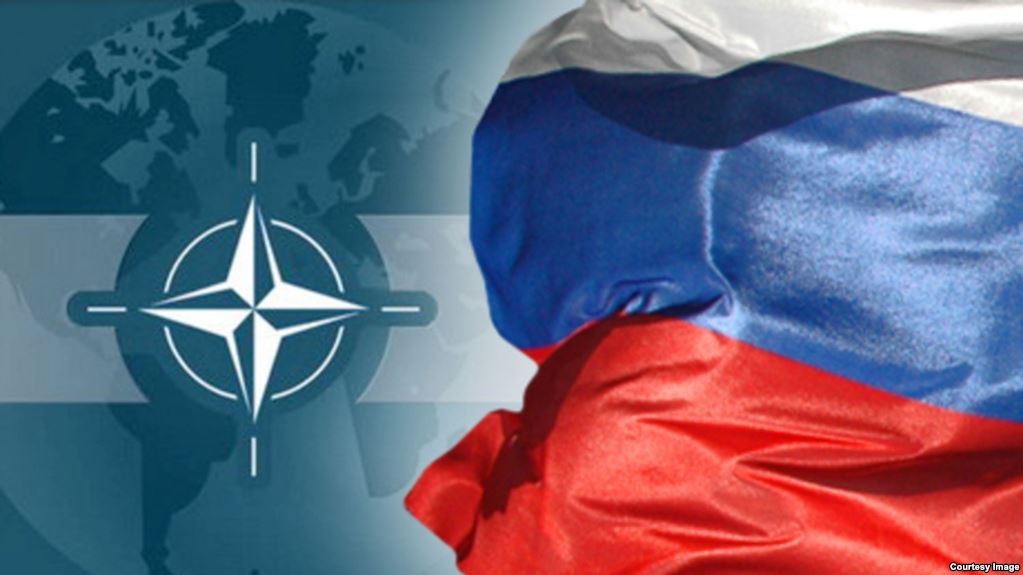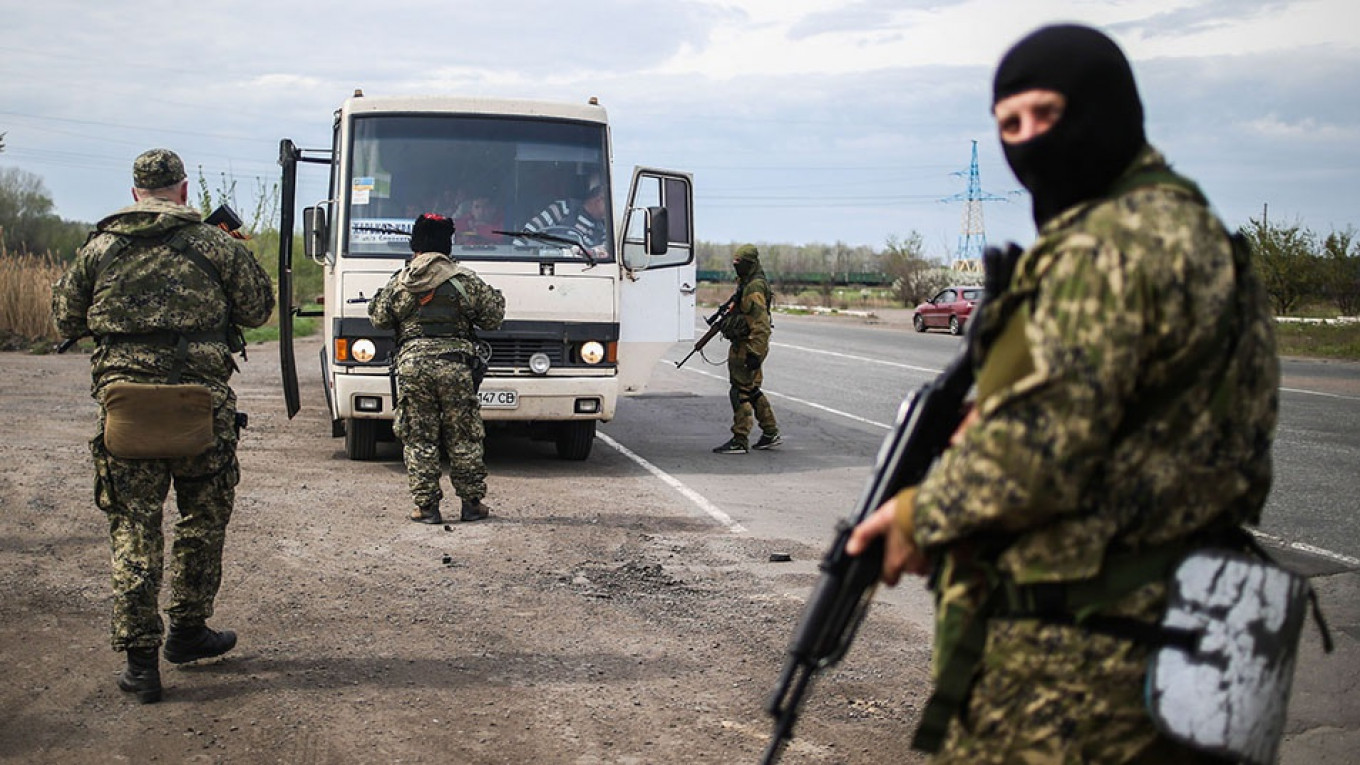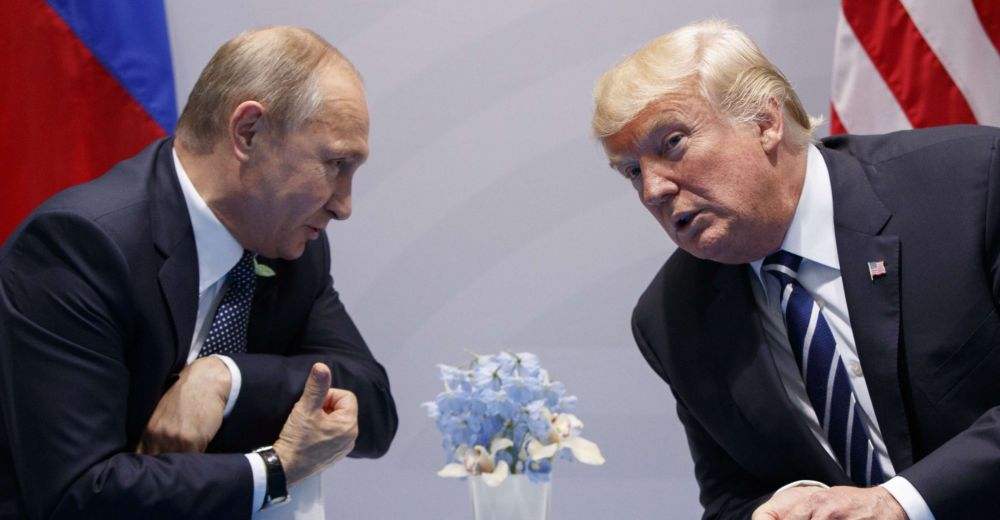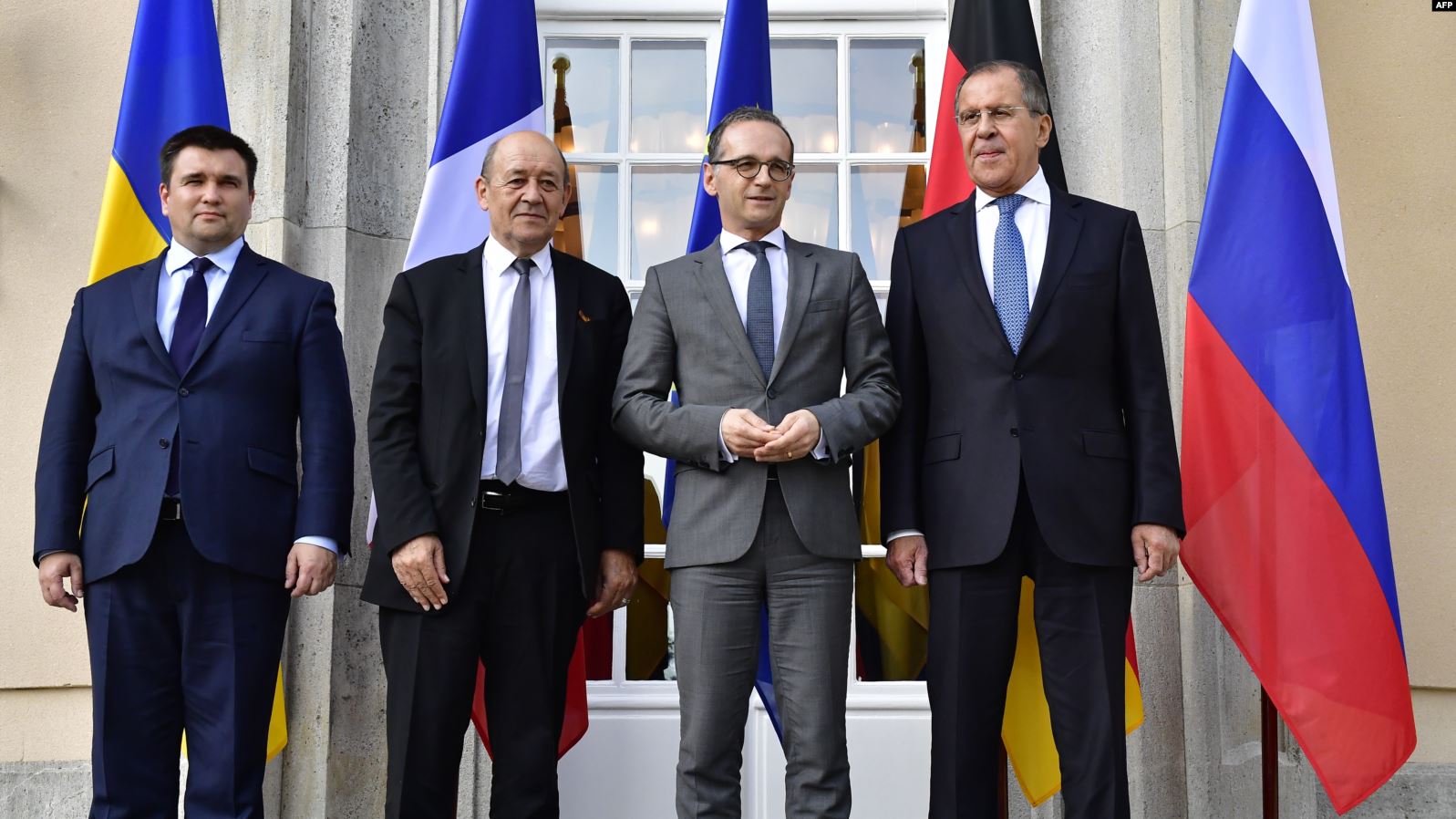Yazar: Yrd. Doç. Dr. Mustafa Çıraklı – 18 Mart 2019 While Moscow did in the past grudgingly tolerated US-Western expansion through successive rounds of NATO and EU enlargement in 1999 and again in 2004, it applied the breaks when it came to Ukraine or Georgia previously. Indeed, Russia’s decision to go to war in Georgia in 2008 was largely driven by the perceived threat of US-NATO expansionism.It was the same strategic plot in Ukraine back in 2013. When pro-Russian Yanukovych came into power in 2010, he abandoned Ukraine’s bid to join NATO and the country’s strained relations with Moscow were quickly improved. Then, in November 2012, Moscow intervened at the eleventh hour to stop Ukraine drifting off from Russian sphere of influence when it seemed that Kiev would sign an association agreement with the EU.For his part, Putin offered Ukraine a “better deal” which Yanukovych accepted. That decision led to spectacular anti-government and pro-EU protests in the Ukrainian capital and President Yanukovych was toppled; unfortunately, this was followed by unrest in the country’s east and the breaking up of its Crimean region to join Russia. For some, the wariness toward Moscow is well justified. Relations between Russia and the West are currently at an all-time low. In early March Russia formally suspended its participation in the Cold War era Intermediate-range Nuclear Forces Treaty (INF) following a similar decision by Washington in mid-February. Future events in Ukraine are set to have significant bearings on the EU-Russia-NATO relations and several developments not least the upcoming elections at the end of March will require close attention. The three forerunners, incumbent President Petro Poroshenko, former Prime Minister Yulia Tymoshenko, and newcomer and comedian Volodymyr Zelenskiy all pledge NATO membership in their rhetoric though a robust policy agenda to that end is yet to be formed.While the country under Poroshenko signed an association agreement and free trade agreement with the EU, established a visa-free regime with the EU, and the country’s legislature embedded NATO membership into the constitution, some pledges may not be feasible. In this regard, it will important to see the tone of the debate in setting the agenda for Ukraine’s NATO membership in Europe and how certain European capitals (Berlin, in particular) will respond. For Tymoshenko in particular, Germany appears as especially critical, “[b]ecause Germany and personally its Chancellor Angela Merkel have made efforts to try to stop the war.” On the wider issue of relations with Moscow, an honest discussion would need to take place so that the strategic interests of the EU and NATO can be defined and reconciled. Without it, dissension risks turning the transatlantic alliance into a bifurcated alliance. Dialogue would also offer a silver lining for expanding EU-NATO relations whilst ensuring that a closer “strategic partnership”, for everyone’s sake, does not cause an all-out “East versus West” confrontation.

The upcoming elections in Ukraine has once again put the EU-NATO relations under limelight. The political crisis which unravelled in Ukraine in 2013 was a grim instance which laid bare the precarious nature of the “European security architecture” in the post-Cold War period. Many would agree that the crisis which culminated in the Russian annexation of the Crimea was an angry reaction on Moscow’s part to maintain its influence in what is known as the post-Soviet space. As the issues of peace, reintegration of the Donbas region and closer association with Europe appear as the key political battlegrounds, so does loom the prospect of renewed escalation with Russia. 
This is all very relevant for EU-NATO relations not least because dealing with the crisis in Ukraine and with Putin’s Russia remains emblematic for the divergent perspectives within the two organisations.Some countries, most notably Germany and Franceare reluctant to take a tougher stance on Russia and fear further alienating Moscow.The new member states on the other hand (the Baltic republics in particular), given their Soviet past, are more wary of Russia which they see as a direct threat to their security interests. Such a rift within the EU and between Brussels and Washington however, carries the potential to be seized by vested interests who wish to see a new Cold War only to reassert the strategic/military relevance of NATO in Europe. This also explains why NATO has been much more outspoken against Putin than EU has. Indeed the current NATO policy in Europe comes close to this position by calling for a beefed-up NATO presence to deter Russian aggressionin the Black Sea Region in particular.
Yet, a new quest for NATO in Europe, riding on the fear of “Russian imperialism” is a zero-sum game: it would undermine efforts to strengthen the transatlantic cooperation not least by thwarting the EU’s efforts in assuming more responsibility in security and defence mattersthat Americans are long keen to see. A “beefed-up” NATO presence in Europe would also mean that the continent will enter into a downward spiral of “brinkmanship” that will hurt Europeans the most. Indeed, such anxieties are also uttered with the prospects of the failure of the INF treaty which could lead to a return to a possible arms race involving short- and medium-range missiles on European soil.On the other side of the Atlantic, the US administration would equally need to realise that its wider strategic interests (on Iran, Syria, N. Korea but also China) are best served through cooperation with Russia and not confrontation. This inevitably involves eschewing any major NATO military build-up on Russia’s doorstep.
It is clear nonetheless that while the EU might have a role to play in Ukraine, NATO involvement would complicate matters.Political leaders in Europe have so far been able to keep cool heads against hawkish rhetoric.To defuse the current tension but also to contain its potential spill-over onto other regions, the EU should also flex its diplomatic muscle and begin working on a deal with Moscow that would safeguard Ukraine’s sovereignty and its territorial integrity. The EU sanctions on Moscow imposed in 2014 over the situation in Ukraine are a short-term tool that are now in need to be replaced by a robust and cohesive diplomatic initiative from Brussels (backed up by Berlin) that would also contribute to a strong and principled European foreign policy.A few good steps in that direction would be to unequivocally emphasise the principle of positive neutrality for Ukraine (possible membership of the EU but not NATO) and support Ukrainian efforts to devolve more powers into its regions that would also reassure its anxious Russian minority. The Europeans are also well positioned to close the gap that exists over a possible UN-mandated peacekeeping operation in the Eastern Ukraine.
EU-NATO Relations in light of the Ukraine Crisis